IWMI in Southeast Asia

IWMI has significant experience in promoting better irrigation management in Southeast Asia, with a particular focus on institutional capacity building and community-based schemes. In Myanmar’s Central Dry Zone (CDZ), an IWMI-led initiative enabled the rehabilitation of the Pywat Ywar Pump Irrigation Scheme (PYPIS) in an area where farmers lacked the capacity to manage water effectively and there were frequent conflicts over water access. We introduced agricultural water management practices, and less water-dependent, high-value crops to boost farmer incomes while lowering demands on electricity. Most importantly, the initiative facilitated the creation of a water user association (WUA) – the first for a pump-based irrigation scheme in Myanmar – with members drawn from the five villages involved. By continuing to be operational and supplying water in an equitable and reliable manner during the Covid-19 pandemic, the WUA demonstrated the importance of building and supporting institutions that have adaptive capacity and the ability to serve farmer households, including the most vulnerable, and helping to protect them against climate shocks. IWMI also supported the development of guidelines for participatory irrigation management in pump-based schemes, endorsed by the government, with the aim of enabling communities to create and implement WUAs for pump-based irrigation schemes. There are approximately 300 such schemes operating in Myanmar.
Groundwater use is rapidly increasing in the GMS, as it is a valuable source of water in areas dependent on rainfall and situated far away from surface water sources. It is also a valuable supplement to irrigation due to its availability throughout the year and being less vulnerable to climate variability than surface water. However, information on groundwater availability is extremely limited. IWMI’s work on groundwater in the region offers integrated, socio-technical solutions that operate at different scales.
IWMI identified substantial potential for groundwater development in the drought-prone lowlands of central and southern Laos and is investigating this with farmers and policy makers in these areas. Our work coincided with a growing interest from the government in the potential for groundwater development to support national priorities, such as climate change adaptation, food security and market-oriented farming. This allowed us to contribute to the development of a new national groundwater action plan and policy. Groundwater management is also a development priority for the Government of Myanmar. IWMI led the groundwater resources component of Myanmar’s Ayeyarwady Integrated River Basin Management Project. We are also investigating the sustainable use of artesian aquifers, and pilot testing a range of institutional and policy mechanisms for managing groundwater resources in the CDZ. In Vietnam, IWMI is working with the private sector to identify how better groundwater management can help to improve the production of coffee (a major export commodity), the sustainability of which is seriously threatened by groundwater depletion.
Fish and rice are among the most consumed foods in Southeast Asia. Therefore, freshwater fisheries are critical to the economies, and food and nutrition security of many countries in Southeast Asia. IWMI investigated how small-scale fisheries production can be sustained in multifunctional landscapes that include a mosaic of natural ecosystems and man-made water control infrastructure. A call for healthier and more sustainable food systems is placing new demands on how irrigation is developed and managed. Integrating fisheries into the planning, design, construction, operation and management of irrigation systems can increase their benefits, and enhance fisheries production and other ecosystem services. In collaboration with the Food and Agriculture Organization of the United Nations (FAO) and WorldFish, IWMI has developed guidelines for the integration of fisheries into irrigation systems, with a particular focus on Myanmar and Cambodia. In Myanmar, we are also investigating how food systems can provide healthy diets, while reducing environmental degradation, and examining the potential opportunities, barriers and trade-offs in the scaling of fish, rice and water management innovations.
IWMI is investigating the life aspirations of young people to understand how these intersect with the small-scale fisheries sector in the Ayeyarwady Delta, Myanmar. We are also addressing the root causes of gender inequity in wetland management in Myanmar, and assisting with efforts to implement the Gulf of Mottama Management Plan. This research will inform the country’s National Wetland Policy, provide critical insights for strengthening the Ramsar Convention’s resolutions and guidance on gender, and provide methodologies for in-depth assessment of intersectionality.
Myanmar is one of the most vulnerable countries in the world to the effects of climate change. IWMI seeks to determine how farmers and other stakeholders can reduce climate-related risks by investing in adaptation innovations and strategies, including identifying factors that can influence the adoption of climate-smart agriculture (CSA) practices, and potential entry points for investment in CSA at scale. We are also developing models for future climate change scenarios in Myanmar, together with participatory approaches to assess the vulnerability of communities to water resources availability and accessibility.
Our work on linking land tenure security to state transformation in Southeast Asia seeks to better understand the interface between water and land rights systems in the context of natural resource governance across Laos and Myanmar in landscapes ranging from uplands to lowlands and wetlands. Key findings are being used to inform ongoing policy discussions around land and water management in these two countries, ensuring more inclusive decision-making.
Our Projects
Publications
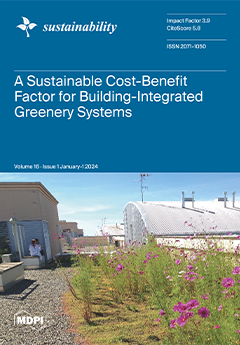



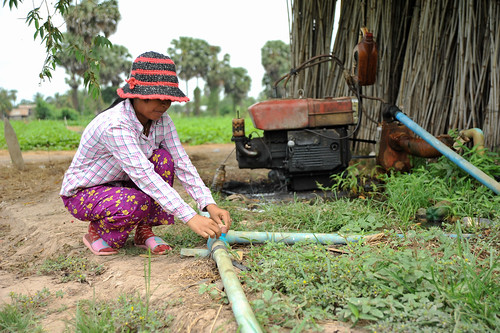



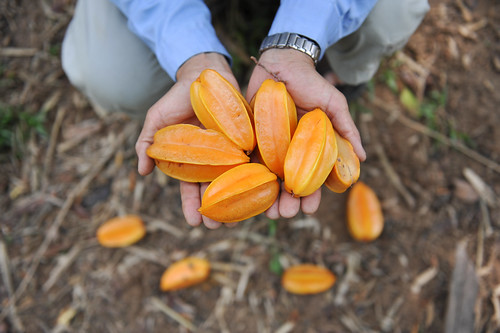
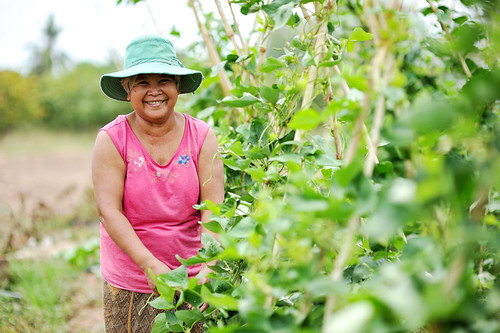



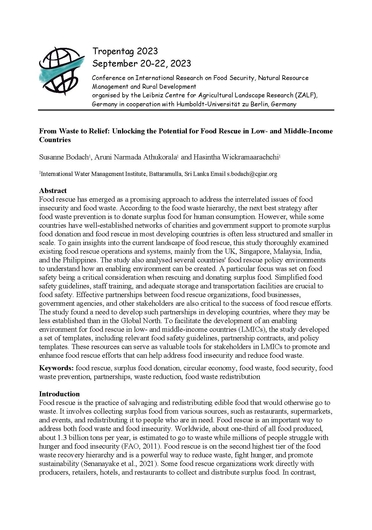
![Migration and its two-way relationship with rural change: lessons from China, Ethiopia, Moldova, Nepal, Kyrgyzstan, Morocco and Thailand. [Policy Brief of the Migration Governance and Agricultural and Rural Change (AGRUMIG) Project] (09/30/2023) Migration and its two-way relationship with rural change: lessons from China, Ethiopia, Moldova, Nepal, Kyrgyzstan, Morocco and Thailand. [Policy Brief of the Migration Governance and Agricultural and Rural Change (AGRUMIG) Project] (09/30/2023)](https://publications.iwmi.org/TN/H052213.jpg)
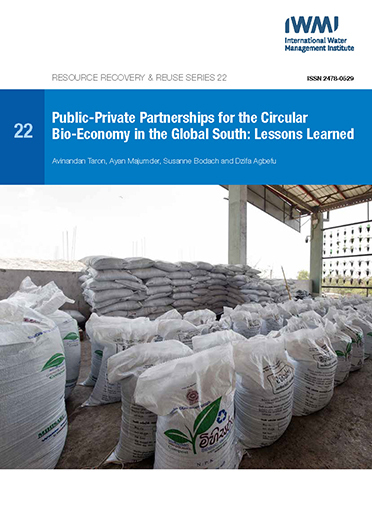
![Migration governance and agrarian and rural development: comparative lessons from China, Ethiopia, Kyrgyzstan, Moldova, Morocco, Nepal and Thailand [Policy Brief of the Migration Governance and Agricultural and Rural Change (AGRUMIG) Project] (07/20/2023) Migration governance and agrarian and rural development: comparative lessons from China, Ethiopia, Kyrgyzstan, Moldova, Morocco, Nepal and Thailand [Policy Brief of the Migration Governance and Agricultural and Rural Change (AGRUMIG) Project] (07/20/2023)](https://publications.iwmi.org/TN/H052005.jpg)